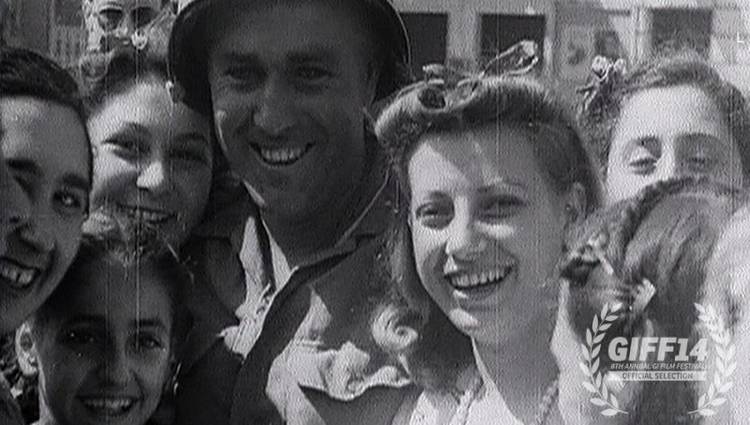The presentation of the film, "
Oro Macht Frei" [2], will open the events in New York City for the Giorno della Memoria hosted by the Italian Consulate in New York to honor the memory of the Italian victims of the Holocaust. The event is hosted by the Centro Primo Levi and the Museo Ebraico di Roma.
Oro Macht Frei (OMF) tells the story of the Roman Jewish experience of the Nazi occupation of Rome (Sept 1943 - June 1944). Weaving testimony from Roman Jews together with historical research by renowned scholars on the subject (including Susan Zuccotti, Alexander Stille, Liliana Picciotto), OMF seeks to bring the viewer into a personal and relatable reflection of the Holocaust in Italy through the eyes of this unique and historic community.
On September 26, 1943, only two and a half weeks into the German occupation of Rome, the head of the SS, Herbert Kappler, called the two leaders of the Roman Jewish Community into his office and demanded that they produce 50 kilos of gold within 36 hours or he would deport 200 Jewish heads of family. Over a feverish day and a half, this already poor, working class community - whose poverty had only deepened over the five years of Italian Racial Laws, as well as the deprivations of war itself - managed to come together with what little they had to save each other and come up with the 50 kilos of gold. OMF reveals the sad delusion of security that Kappler's gold extortion produced in the minds of the community who, believing they had paid their ransom and would be left alone, did not go into hiding.
Two and a half weeks after turning over the gold, on October 16th, the Nazis conducted the first and largest round-up of Italian Jews, finding many of them in their homes in the old Jewish ghetto. After being held for two days in a military school, 1,014 Roman Jews were deported to Auschwitz; only 16 from this round-up would return home at the end of the war. Those who escaped arrest managed to hide through the help of non-Jewish friends and neighbors, in their own workshops, or in Church institutions. Until the liberation of Rome on June 4, 1944, arrest and deportations of Roman Jews continued through a systematic manhunt (per Italian police edict) which included a cash reward for offering information that led to the capture and arrest of any Jews throughout occupied central and northern Italy.
In addition to sharing testimony of hiding and arrest, OMF treats of the controversial stance of the Vatican which did not speak out or stop the deportation of the Roman Jews. However, whether through its aegis or through the initiative of individual convents and monasteries, the Catholic Church in Rome managed to provide hiding for thousands of Jews and other refugees in Church institutions throughout the city.
What was the Pope's position during the Nazi Occupation and how did his "silence" effect the lives of the Roman Jews in particular?
To answer these questions, OMF draws on several well-known and diverse voices from the on-going debate over Pope Pius XII's motivations (to save as many Jews as possible vrs. to save the institution of the Church), as well as the personal reflections of the Roman Jews themselves.


